What is Chapter 7 Bankruptcy?
Chapter 7 bankruptcy is the quickest and most common type of bankruptcy to file and primarily intended for individuals (or couples) and not intended for a business bankruptcy.
Also known as ‘liquidation bankruptcy’, filers agree to sell or ‘liquidate’ non-exempt property that they own in order to pay their creditors. However, you do not have to own any saleable property for Chapter 7 to be a solution for your debt issues.
This type of bankruptcy filing allows the filer to have most of their unsecured debt legally discharged by the court, allowing you to get out from under debt such as medical bills, credit card debt, utility bills and personal loans. However, in most cases Chapter 7 does not allow the applicant to discharge debt such as child support, tax debt or student loans.
What is ‘Exempt’ Property vs ‘Non-exempt’ Property?
When you file your Chapter 7 Bankruptcy Petition, the forms will show items in your ‘bankruptcy estate’ such as:
- Property currently in your possession;
- Property you own or have recently given away;
- Proceeds from property;
- Assets you share in marriage;
- Property you may receive within the next 180 days;
- or Property you may have loaned out.
What happens to all of this property in a Chapter 7 bankruptcy will depend on whether it can be protected by an exemption.
The purpose of bankruptcy isn’t to force you to give up all of your belongings. The purpose is to give you a fresh start. Exemptions allow you to keep a certain amount of your assets safe from sale and enable you to protect things that you need for your family or to be able to work such as tools of your trade.
Exemptions vary by state, but even in a ‘liquidation’ bankruptcy, essential property is protected from creditors. For example, creditors cannot take some equity in your home or car, household goods, bedding and furniture, prescribed medical devices, clothing and some tools of your trade worth less than approximately $700 in most instances. Your car can be protected, depending on it’s value, as well as your home.
Non-exempt property would be luxury items or assets with a lot of value or equity.
In the bankruptcy discharge, the property exemption determines what happens to the property. If the exemption covers the property entirely, you will be allowed to keep the property. If the exemption doesn’t cover it, then the trustee is able to sell the property to use the money to pay creditors.
There are several ways that exemptions can be applied to property and exemptions that are designed to protect specific property such as a motor vehicle or home. Your qualified local bankruptcy attorney will be able to guide you and answer these questions about your specific situations.
How Do I Know if I Qualify for Chapter 7 Bankruptcy?
Not all applicants qualify for Chapter 7 bankruptcy and an applicant cannot have filed for a Chapter 7 and received a bankruptcy discharge within the last 6-8 years. Then the applicant must pass the means test which examines financial records which include income, expense and both secured and unsecured debt in order to determine if the applicant’s disposable income is below the median income for the state.
Higher income earners and people who own property are often better suited for Chapter 13 bankruptcy.
What is the Process for Chapter 7 Bankruptcy?
1. Contact a local bankruptcy attorney who can help you determine the path that is right for you and your debt situation. Black and White Law Firm, PC.
2. Gather all of the necessary information and bring it to the meeting with your bankruptcy lawyer. Be completely truthful with your attorney. This will help expedite the process and enable us to give you the best advice. You will want to bring any information about your property (including property not in your possession at this time), income, expenses and more.
You will need to disclose everything to your attorney including property transactions that have occurred in the most recent 10 years past.
3. Individuals filing for Chapter 7 bankruptcy must complete a credit counseling course before filing for bankruptcy. The class can be taken online or in person and be completed up to 180 days before filing.
4. Your case starts after filing the completed forms – or ‘petition’. Expect to pay the court filing fee at that time. The court filing fee for a Ch 7 is $338. If you cannot pay it at this time, you can ask the court to split the payment up or waive it completely.
5. You will provide documents proving the accuracy of your bankruptcy petition to the Chapter 7 trustee appointed to your case. Expect to be able to be able to provide paycheck stubs, tax returns, bank statements, property titles and anything that demonstrates the claims made in your petition.
6. You will attend a meeting of creditors currently being held by video with your attorney and the Chapter 7 Trustee’s office. At this meeting, the trustee will look over your documents and ask questions about the bankruptcy filing.
7. Your attorney then has the opportunity to address matters such as eliminating a lien or disputing a creditor’s case against you by filing needed objections and motions.
8. You will complete a second Debtor Education Course and submit the certificate to the court. Upon this submission, the court will order a debt discharge of your qualified debt.
Black and White Law Firm, PC – Contact Abilene Bankruptcy Attorney

